Indigenous Governance Database
Economic and Community Development
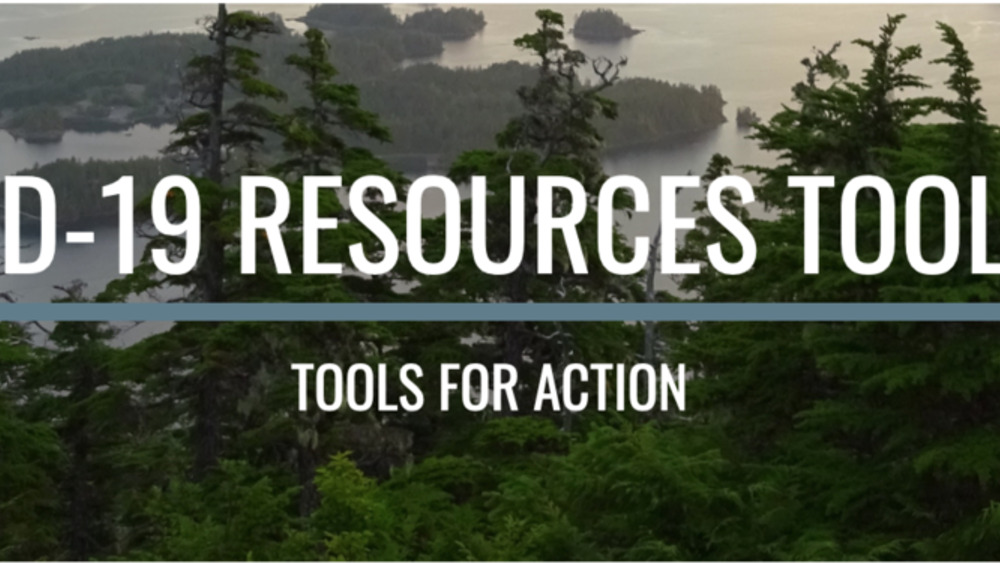
Harvard Project: COVID-19 Resources for Indian Country Toolbox
As the country responds to the coronavirus (COVID-19) pandemic, the task before tribal nations is complicated by many unknowns. The Harvard Project recognizes the challenges you're up against and we want to help. We are not experts in the health consequences of the pandemic, but we are monitoring…
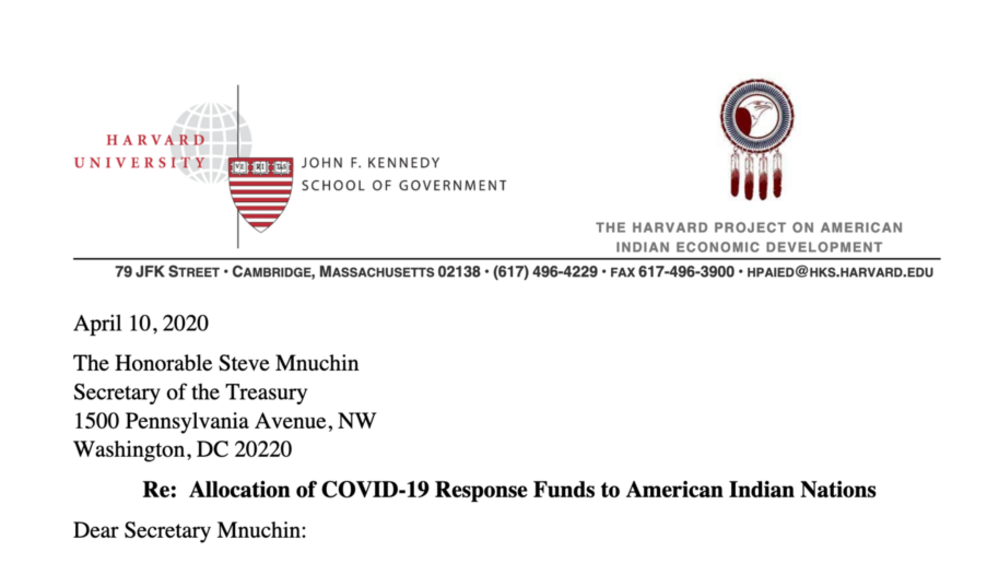
HPAIED Letter to the Treasury: Allocation of COVID-19 Response Funds to American Indian Nations
Dear Secretary Mnuchin, We write to respectfully comment on the impact of the current COVID-19 crisis on American Indian tribal economies, tribes’ responses to the crisis, and on implications for the allocation of federal COVID-19 response funds to federally recognized tribes under the CARES Act…
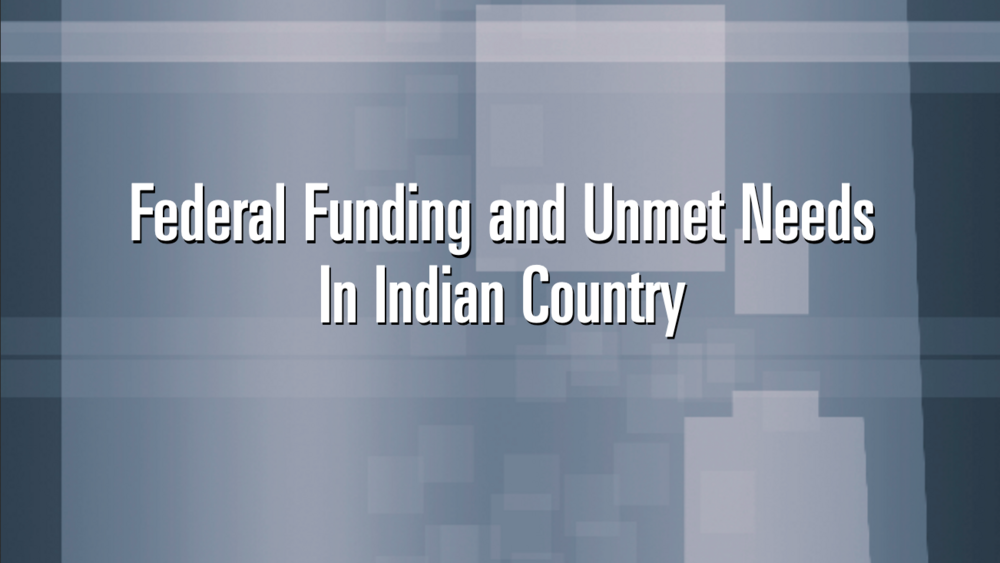
A Quiet Crisis: Federal Funding and Unmet Needs in Indian Country
The federal government has a long-established special relationship with Native Americans characterized by their status as governmentally independent entities, dependent on the United States for support and protection. In exchange for land and in compensation for forced removal from their original…
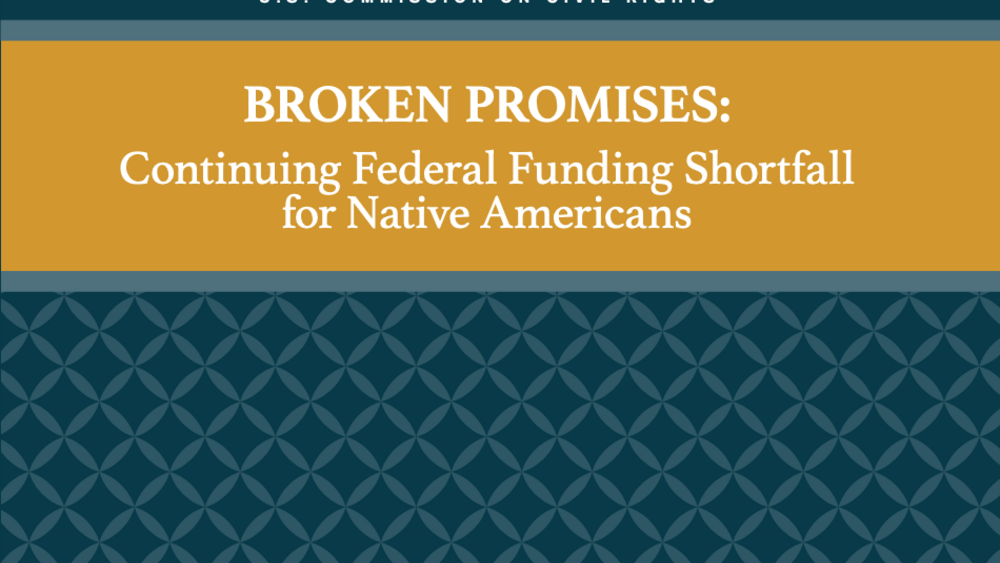
Broken Promises: Continuing Federal Funding Shortfall for Native Americans: Briefing Report
Since our nation’s founding, the United States and Native Americans have committed to and sustained a special trust relationship, which obligates the federal government to promote tribalself-government, support the general wellbeing of Native American tribes and villages, and to protect their lands…
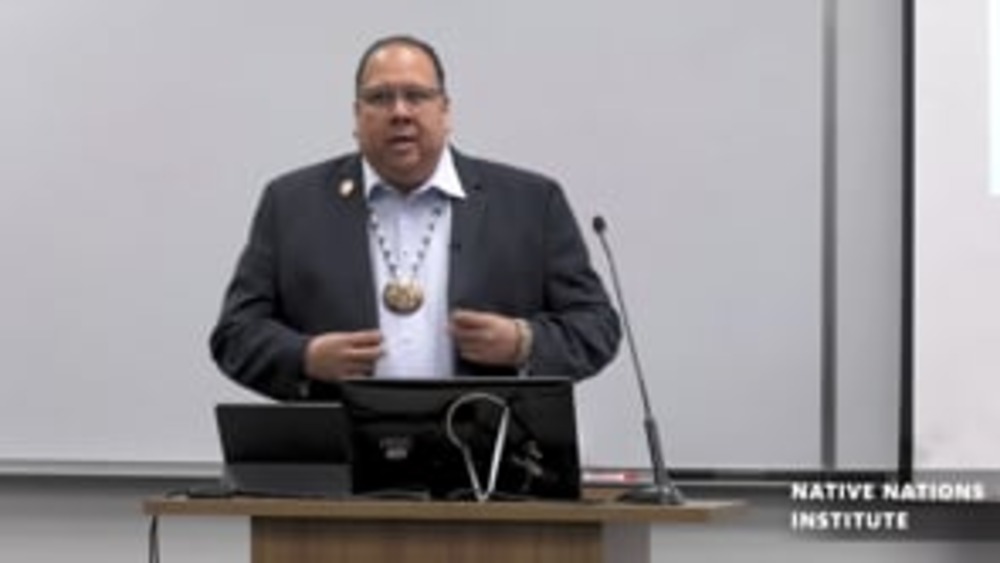
Governor Stephen Roe Lewis Distinguished Tribal Leader Lecture
Governor Stephen Roe Lewis of the Gila River Indian Community visited the University of Arizona to speak at January in Tucson: Distinguished Tribal Leader Lecture sponsored by the Native Nations Institute and held at the Indigenous Peoples Law & Policy program at James E. Rogers College of Law…

Sharing the Wealth
In recent years, there has been increased discussion of Universal Basic Income (UBI) programs for the US. In fact, one of the Democratic candidates for president has championed the UBI program as an important component of his platform. UBI in its simplest form is a cash-transfer program that…
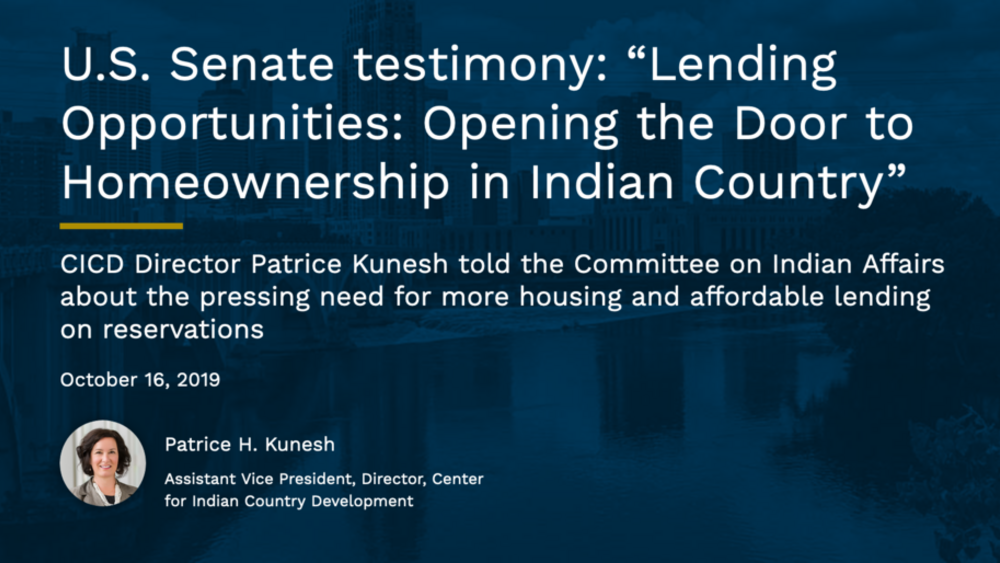
U.S. Senate testimony: “Lending Opportunities: Opening the Door to Homeownership in Indian Country”
On Oct. 16, 2019, Center for Indian Country Development Director and Minneapolis Fed Assistant Vice President Patrice H. Kunesh testified before the U.S. Senate’s Indian Affairs Committee about the need for more housing and improved access to affordable lending on reservations. She said that “…
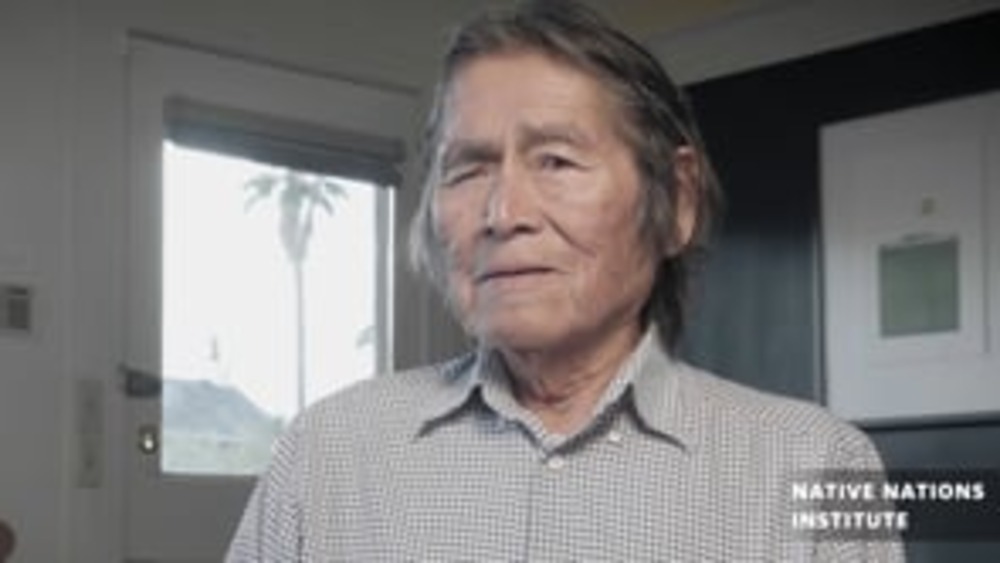
Vernon Masayesva: Self-Governance and Protecting Water
Former Tribal Chairman of the Hopi Nation and Executive Director of Black Mesa Trust, Vernon Masayesva relays his thoughts about advocating for self-governance and protection of water rights for Indigenous people. His pursuits in holding accountability of mining in Hopi territory has made Vernon…
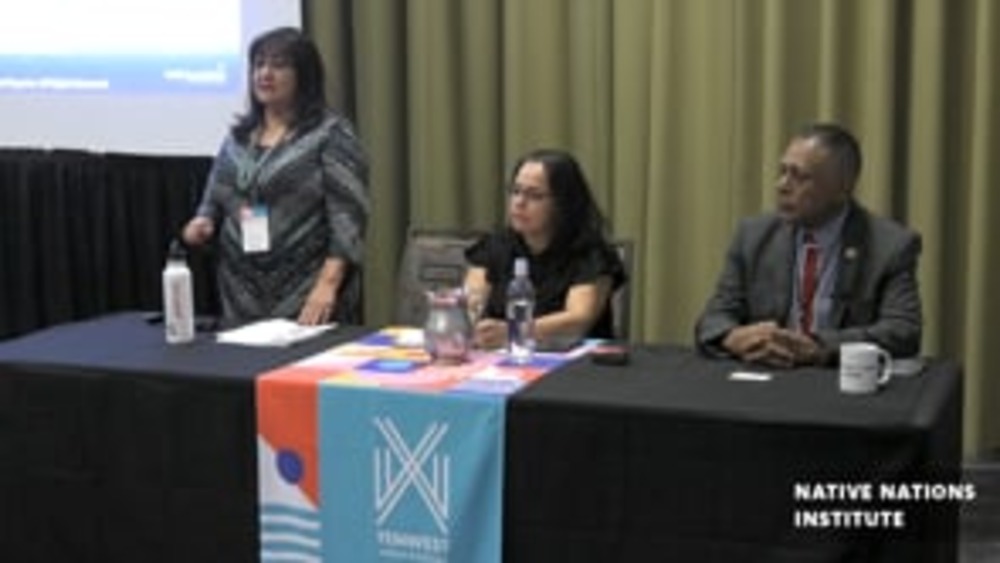
Navigating the Structures of Native Nations
Native Nations Institute presented a panel at TENWEST 2019 in Tucson called “Navigating the Structures of Native Nations.” Arizona is home to 22 Native nations, many whom are major economic drivers. Panelists presented an overview of Native nations including their socio-economic challenges,…
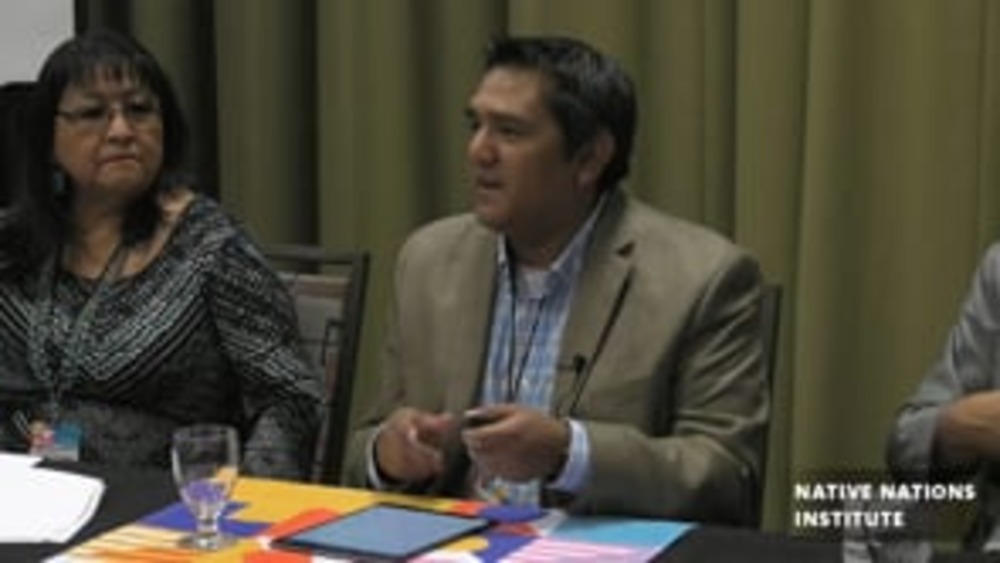
Meeting the Need for Higher Education and Professional Development
Native Nations Institute and the Indigenous Governance Program presented a panel at TENWEST 2019 in Tucson called “Meeting the Need for Higher Education & Professional Development.” The panelists presented a case study on how the Indigenous Governance Program (and a proposed School of…
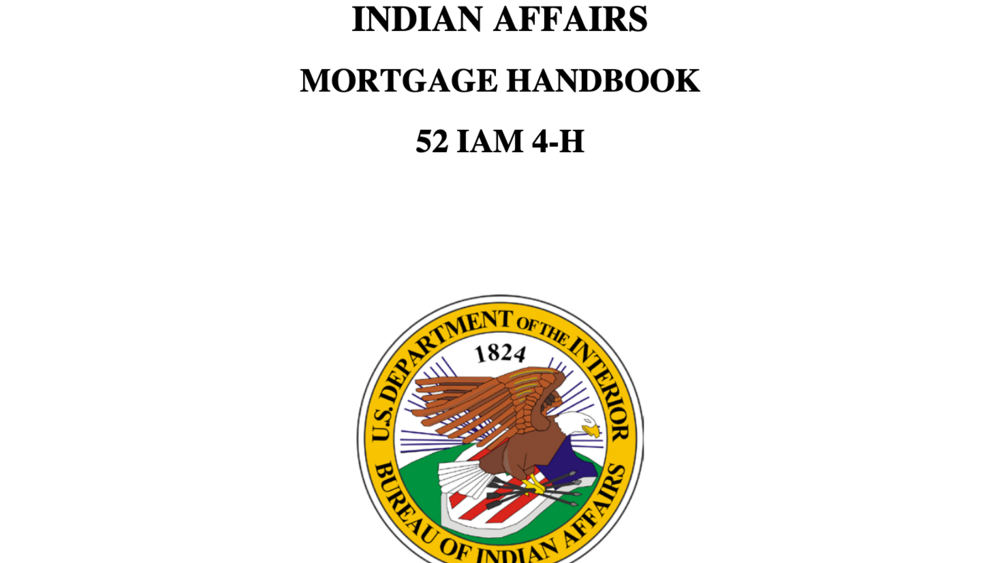
Indian Affairs Mortgage Handbook
The purpose of this handbook is to provide guidance to BIA staff for processing leasehold and trust land mortgages on trust or restricted land; specifically, how to review and analyze a mortgage loan request from a lender using a minimum, streamlined, and standardized process. The handbook contains…
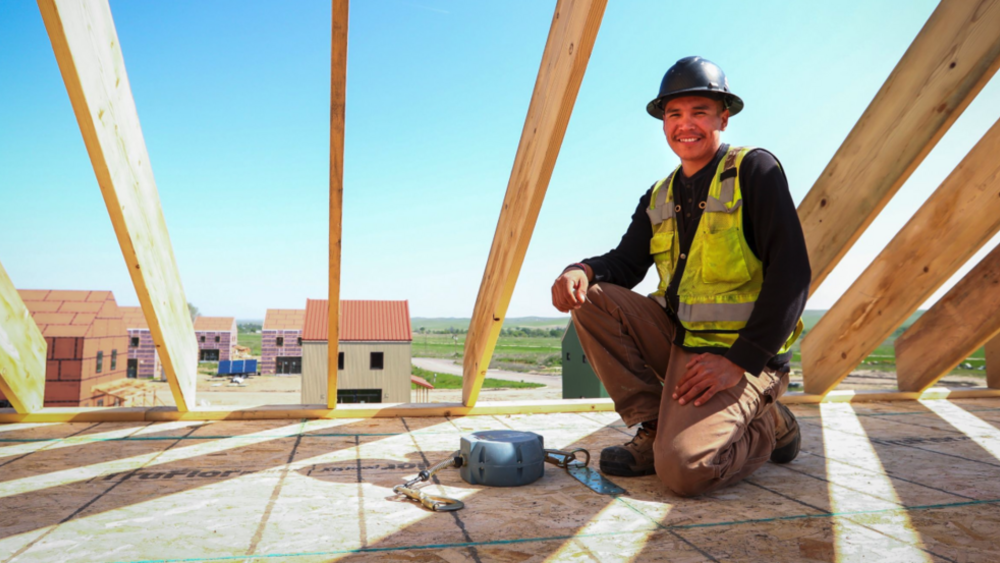
This Community Is Striving To Rebuild One Of The Poorest Places In America
PINE RIDGE, South Dakota — Alan Jealous, a 27-year-old construction worker, dreamt of building and owning a home. Homeownership is the cornerstone of the American Dream. But for this citizen of the Oglala Lakota Nation living on the Pine Ridge reservation, a community that regularly tops the list…
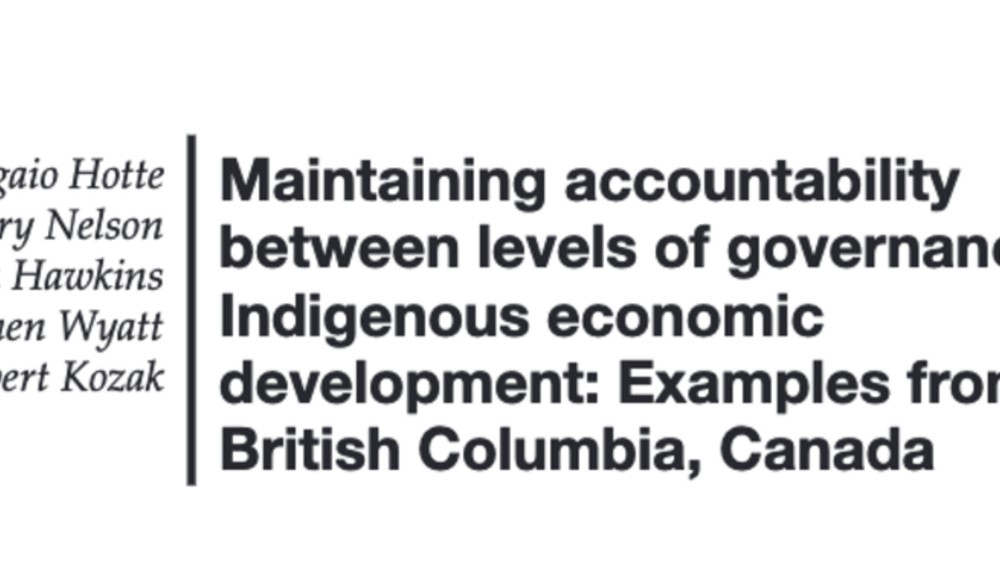
Maintaining accountability between levels of governance in Indigenous economic development: Examples from British Columbia, Canada
Many Indigenous communities in Canada have established economic development corporations (EDCs) to support economic development that meets community goals. Indigenous EDCs, like social enterprises, typically prioritize multiple socio-economic goals and may be used to limit political influence on…
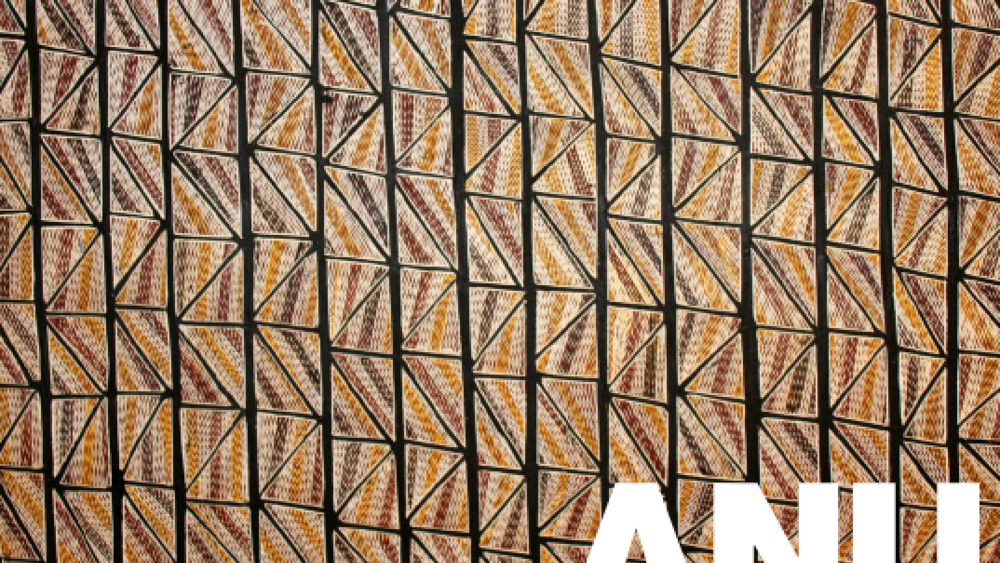
Ongoing growth in the number of Indigenous Australians in business
In 2014, Boyd Hunter attempted to provide a consistent estimate of the growth in Indigenous self-employment between 1991 and 2011. Changes in the census questionnaire structure and sequencing means that projecting the growth trends back to 1991 is now problematic. This paper provides a more refined…
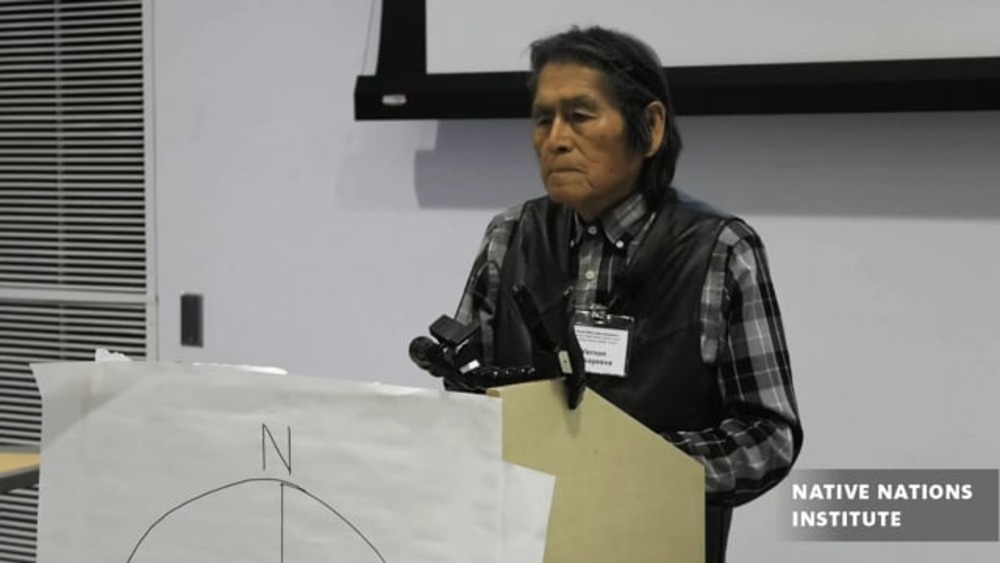
Vernon Masayesva Keynote: Water Ethics Symposium
Vernon Masayesva (Hopi) is the Executive Director of Black Mesa Trust and leading advocate for protecting water resources for the Hopi Nation. He's a Hopi Leader of the Coyote Clan and former Chairman of the Hopi Tribal Council from the village of Hotevilla who has worked for decades…
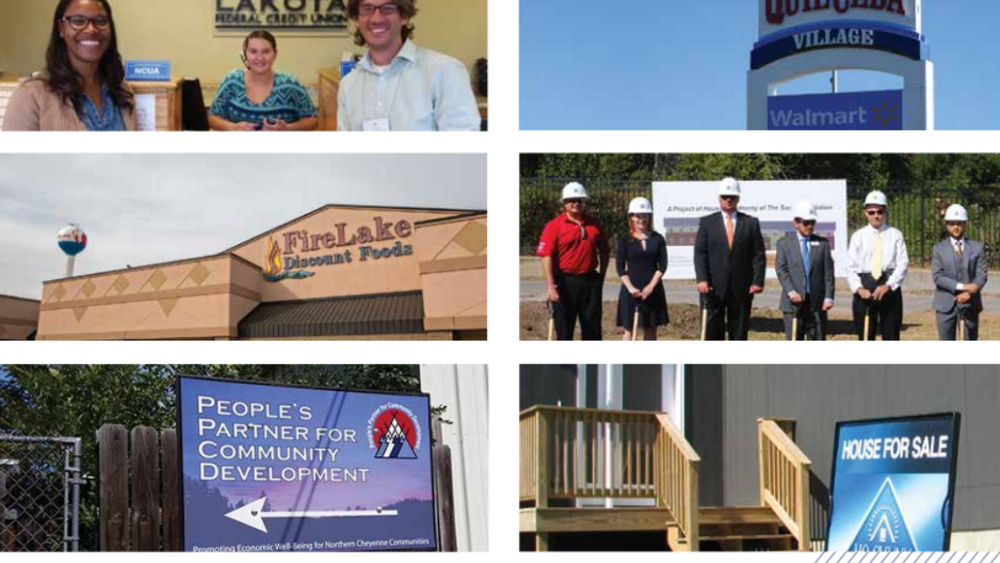
Access to Capital and Credit in Native Communities: A Data Review
As the second part of a two-part follow-up to the NALS, this report uses a range of datasets to document the evolution of Native Communities’ capital access since 2001. Its three main sections summarize data describing access to capital and credit for Native consumers, Native business owners, and…
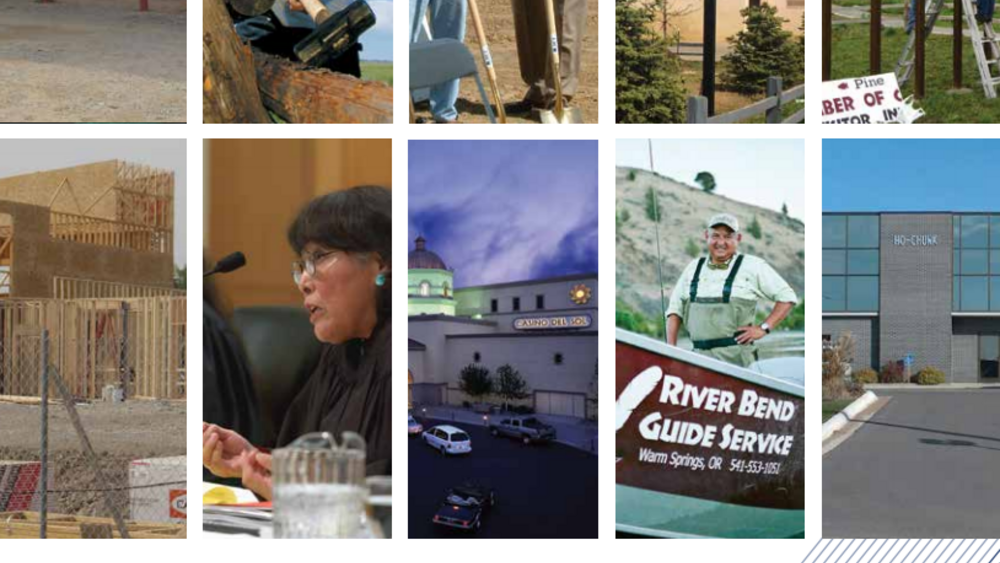
Access to Capital and Credit in Native Communities
This report emerges from the Community Development Financial Institution (CDFI) Fund’s commitment to helping Native Communities develop through increased access to capital. The ideas presented are grounded in an understanding of current economic conditions in Native Communities and in established…
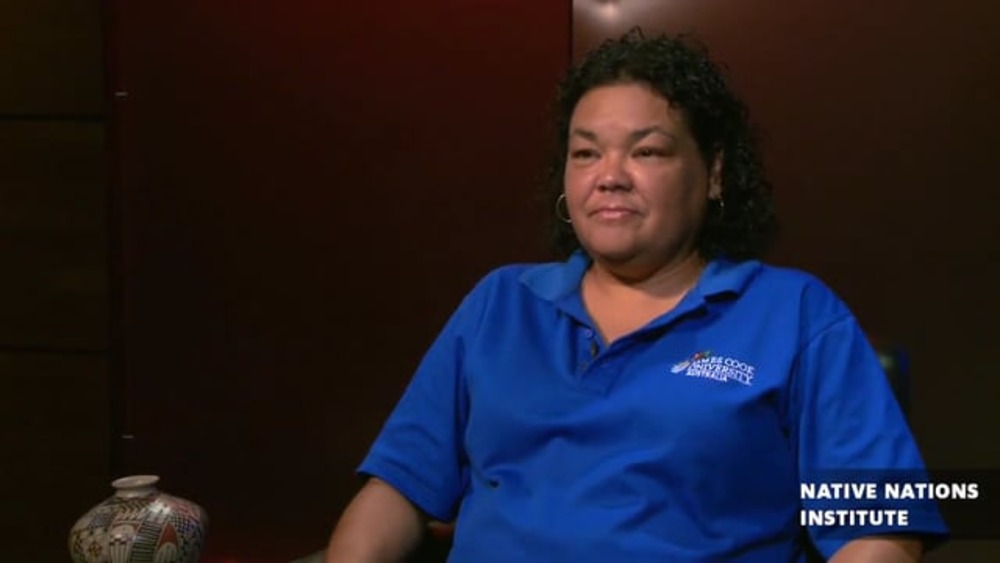
Michelle Deshong: Australian Aboriginal Methods of Self-Governance
Michelle Deshong draws her connections to Kuku Yalanji and Butchulla nations. She is a 2015 recipient of the Australian-American Fulbright Indigenous Professional Scholarship that funded her residency at the Native Nations Institute housed within the Udall Center for Studies and Public…
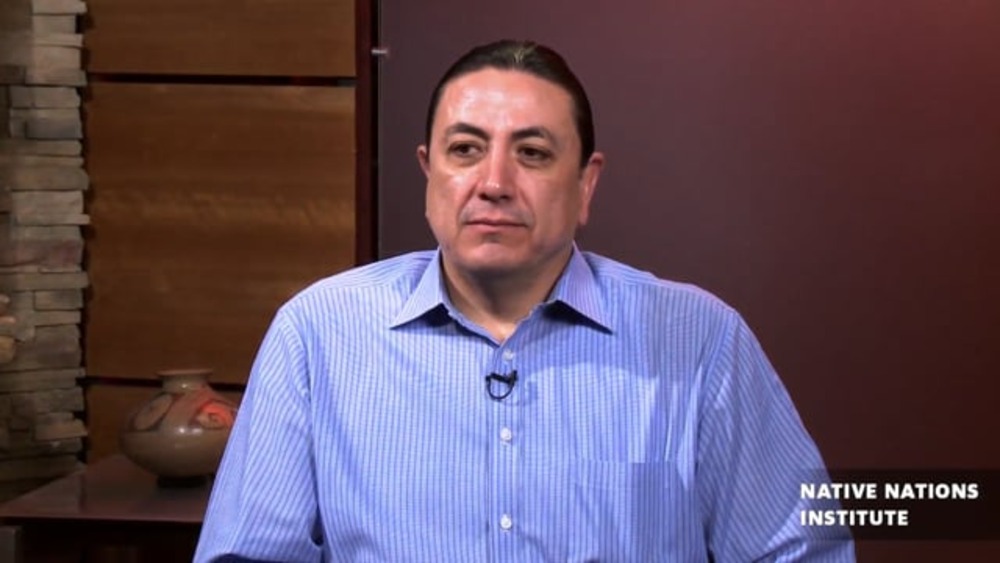
Chairman Dave Archambault II: Laying the Foundation for Tribal Leadership and Self-governance
Chairman Archambault’s wealth and breadth of knowledge and experience in the tribal labor and workforce development arena is unparalleled. He currently serves as the chief executive officer of one of the largest tribes in the Dakotas, leading 500 tribal government employees and overseeing an array…

Why beggar thy Indian neighbor? The case for tribal primacy in taxation in Indian country
The law governing taxation in Indian country is a mess. The accretion of common law precedents and the general tendency of states to assert primacy over the taxation of non-Indians create absurd outcomes. This article makes the case three ways. The argument based on the law shows that…
Pagination
- First page
- …
- 2
- 3
- 4
- …
- Last page
